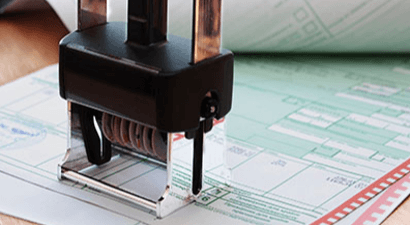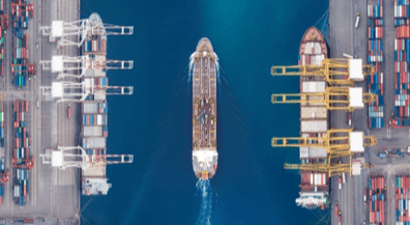Border Management Authority Bill: Should We Be Concerned?
The Border Management Authority Bill (“the Bill”) was first proposed in 2009 and tabled in Parliament in 2015. February’s ANC National Executive Committee Lekgotla summary stated: “Parliament should expedite the passing of the Border Management Authority Bill to ensure the establishment of a fully-fledged Border Management Agency.”
The Bill states that: “There is a need for integrated and coordinated border management that facilitates secure travel and legitimate trade in accordance with the Constitution, [and] international and domestic law.”
Current border management under the structure of the Border Control Operational Coordinating Committee (BCOCC) has been in a state of disarray for years now. Whilst the intentions in the formation of this structure were good, it has not delivered on much of its mandate. The various departments tasked with the management of South Africa’s borders continue to function in a fragmented manner without inter-agency cooperation and coordination that was intended when the BCOCC was formed.
The Bill proposes a new standalone entity overseen by the Department of Home Affairs and comprising elements of the South African Police Service (SAPS), the South African National Defence Force (SANDF), the Department of Agriculture, and Customs. The heading of the BMA by the Department of Home Affairs has, understandably so, been met with much concern as the Department of Home Affairs does not have a good track record when it comes to corruption and efficiency. In a Corruption Watch report from November 2016, it was reported that corruption at the Department of Home Affairs, relating to asylum seekers, was widespread and that only a huge on-going effort made by multiple stakeholders could hope to put a stop to it. Even more worrying then is that one of the main focuses of the Bill is the control of immigrants into and out of South Africa’s borders.
The Bill encroaches on already existing pieces of legislation and divisions of government. According to the Bill, border enforcement (sea, land, and air) would be “performed exclusively by the officers of the Authority”. All of this would be presided over by a Commissioner appointed by the President. Many claim that such an authority is unnecessary and there have been questions as to how such an Authority will be funded.
SARS and the Department of Treasury have hit back hard in reaction to the Bill. They agree that Customs should not be taken out of SARS and integrated into the Border Management Authority. It is estimated that Border Management Authority officials could collect approximately R3 billion a year at the ports. These monies currently accrue to the state through SARS, which earned itself a reputation as one of the most efficient tax collection agencies in the world. According to Kathryn Hoeflich, an Independent Consultant and the former director of the Cape Town Refugee Centre, “Government is backtracking on years of progress that SARS has made centralising and documenting funds collection…If it goes through in this form, the Bill will break up the administration and collection of taxes for the country.”
Customs is not the only contentious issue. In its August 2016 submissions as part of the Bill’s consultation process, the SAPS indicated that its preferred option was that the SAPS operational units at borders remain outside the BMA’s structure, but continue working alongside and in cooperation with the Authority’s officers.
Whilst the concept has met with resistance from various government agencies, one should also be alive to the fact that an integrated border management agency has its advantages, taking into account the potential it has of ensuring smoother movement of cargo with less interruptions through fragmented intervention by the various departments stationed at our ports of entry each having their own mandates to fulfill. The integration of these departments into a single authority may have a positive impact on the movement of legitimate cargo and as such in trade facilitation.
The success of the BMA will lie in its implementation and political will. With that said, it must also be recognized that certain functions should be best left undisturbed. In this regard, I refer specifically to the function of revenue collection. The incorporation of the customs and excise function into the border management agency headed by the Department of Home Affairs may not be the best decision taking into account the Department of Home Affairs’ track record and lack of experience in revenue collection. Moving customs out of SARS after all the headway that has been gained through its integration into a single a revenue collection agency will mean a fragmentation of the role played by SARS as a revenue collector and will undoubtedly undermine revenue collection at a time when SARS (with all the experience it has in revenue collection) is having difficulty in meeting its revenue targets. Such a move may not bode well for the State’s coffers. As such Treasury has proposed that the bill clearly set out the role SARS as an agency will play in revenue collection so as to not compromise revenue collection by moving this function into a newly- formed agency headed by a department without the necessary expertise.





